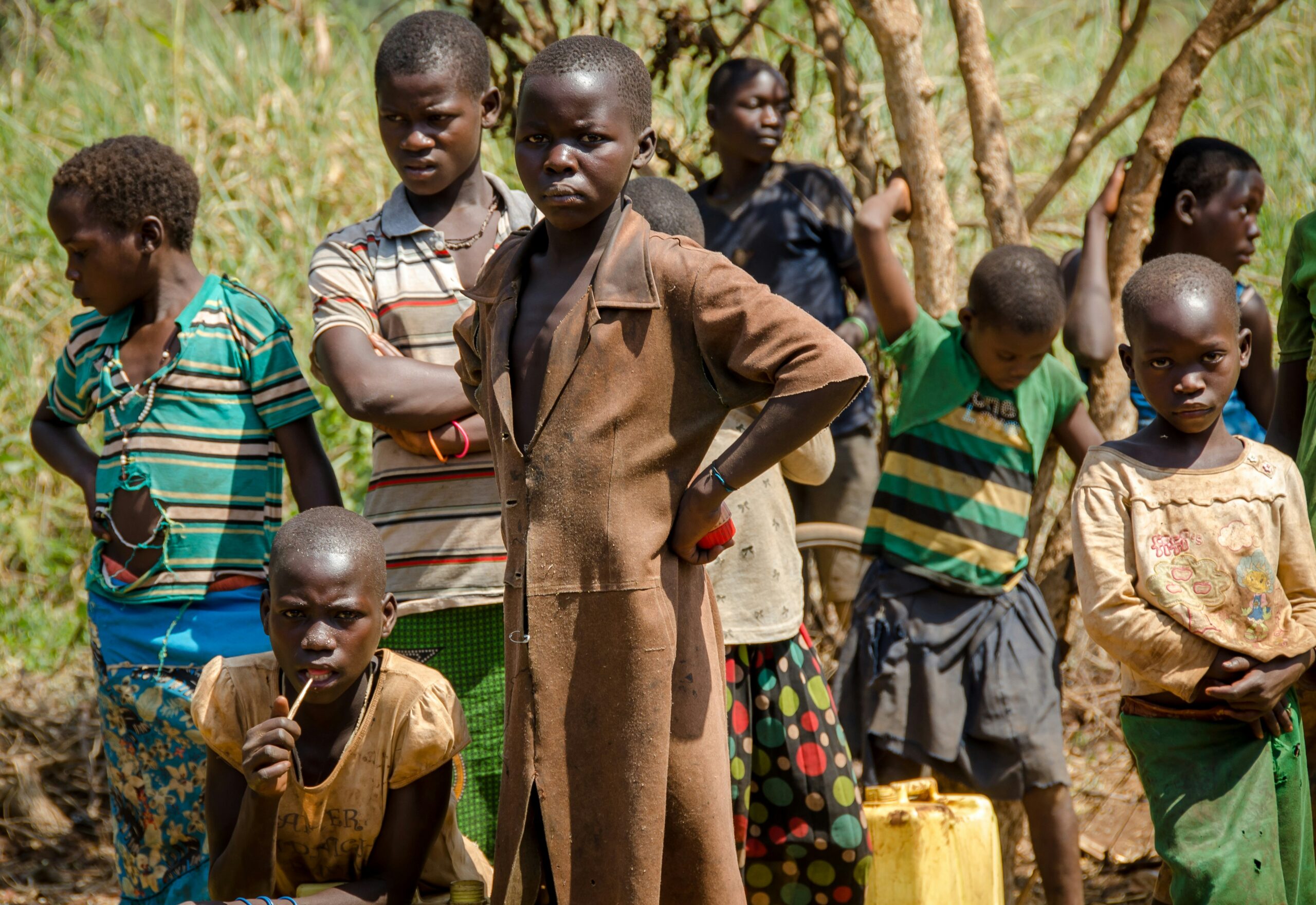
The World Food Programme (WFP) is facing critical reductions in food aid to refugees in Kenya, with the most vulnerable populations, including pregnant women and disabled individuals, experiencing cuts of up to 60%. This drastic measure comes amid significant funding reductions from global donors like the United States Agency for International Development (USAID).
Starting this week, residents of the Kakuma and Dadaab refugee camps, which shelter nearly 800,000 individuals fleeing conflict and drought from Somalia and South Sudan, are witnessing the harsh effects of these cuts. The WFP has initiated a new assistance system prioritizing certain groups over others, causing significant distress and tension among the camp residents.
According to Baimankay Sankoh, WFP’s deputy country director in Kenya, the decision to reduce food assistance was challenging but necessary. “With resources stretched to their limits, we are compelled to again reduce the support, significantly heightening the risk of hunger and malnutrition among the refugees,” Sankoh explained.
These tensions escalated into protests last week, resulting in one fatality and several injuries. Al Jazeera’s Catherine Soi, reporting from Kakuma, highlighted the community’s frustration with the new prioritization in food distribution, which has left some without food and others with significantly reduced rations.
Thomas Chica, a WFP worker, told Soi that the new system is based on needs assessments conducted by WFP and its partners, focusing on individual needs rather than general status. “The approach is to differentiate and address the needs more effectively, though it means not everyone will receive aid as before,” Chica stated.
The impact of these reductions is particularly severe given the existing nutritional challenges. The Global Acute Malnutrition (GAM) rate among refugee children and pregnant or breastfeeding women in Kenya is above 13%, indicating a nutrition emergency. “The current food rations, at 40% of the recommended daily intake, are insufficient and are being distributed among a larger portion of the population than before,” added Chica.
These cuts were implemented in February, based on a daily intake recommendation of 2,100 calories. With the funds available from last year, WFP anticipates its resources will last only until December or January. An additional $44 million is needed to restore full rations and cash assistance for all refugees through August, as per WFP’s statement in May.
The situation in Kenya’s refugee camps underscores a critical and growing challenge in global humanitarian aid, reflecting broader issues of funding shortages and the prioritization of aid distribution. As international attention fluctuates, the immediate needs of thousands of refugees hang in the balance, dependent on the global community’s response to their plight.


